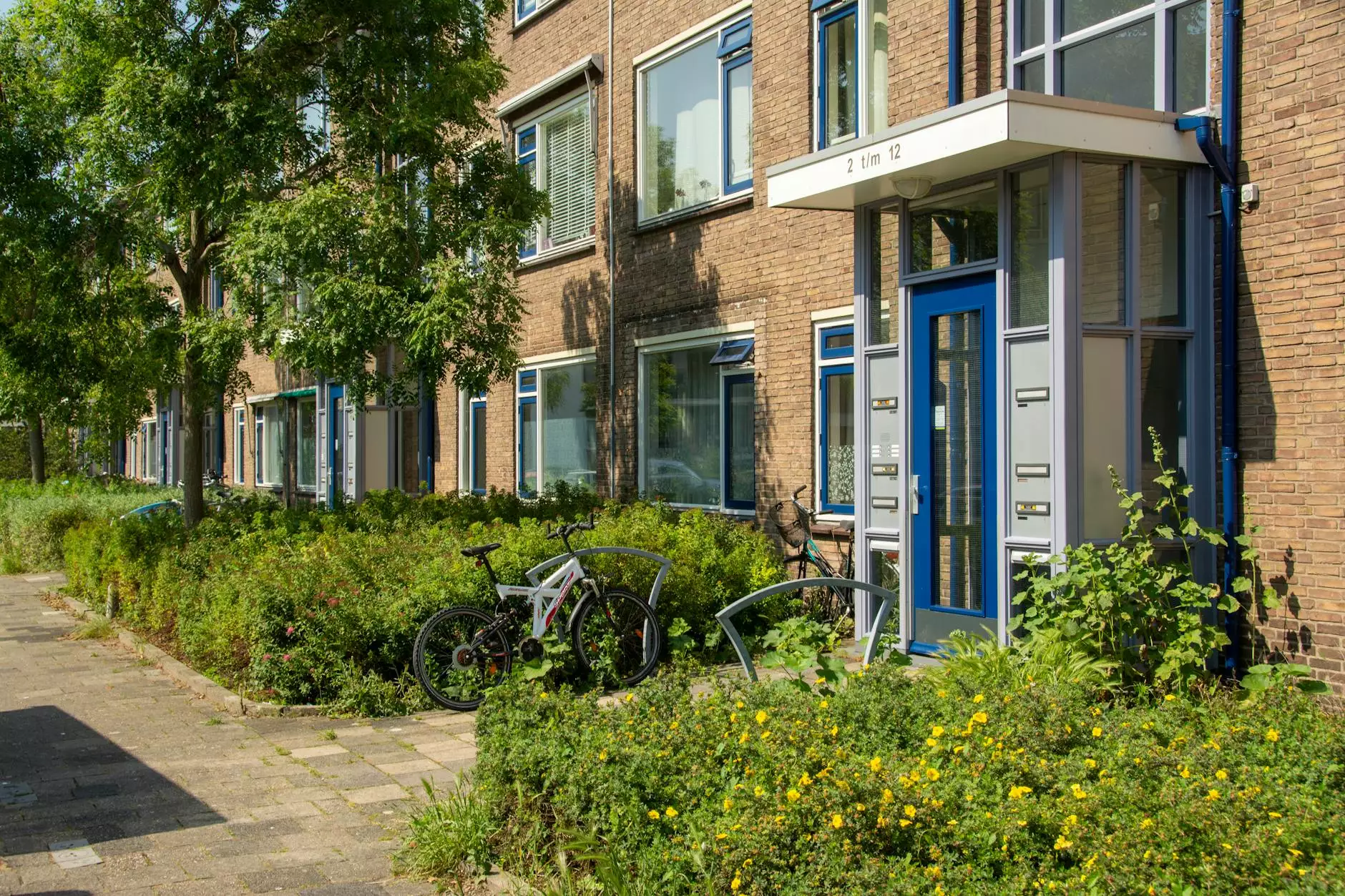The Vein Specialist: Comprehensive Care for Vascular Health

When it comes to maintaining our overall health, the importance of our vascular system cannot be overstated. The veins are essential for transporting blood back to the heart, and when they encounter issues, it can lead to severe health problems. That’s where the vein specialist comes into play.
Understanding Vascular Health
Vascular health refers to the condition of the veins, arteries, and capillaries that comprise the circulatory system. Achieving optimal vascular health is vital for several reasons:
- Efficient Blood Circulation: Healthy veins ensure that oxygen-rich blood reaches vital organs and tissues.
- Preventing Blood Clots: Healthy veins minimize the risk of thrombus formation, which can lead to serious conditions like deep vein thrombosis (DVT).
- Overall Well-being: Proper vascular function contributes to energy levels and the body’s ability to heal itself.
Common Conditions Treated by the Vein Specialist
Many people are unaware of the range of conditions the vein specialist treats. Here are some of the most common:
1. Varicose Veins
Varicose veins are swollen, twisted veins that often appear dark blue or purple. They arise from malfunctioning valves that prevent blood from flowing efficiently. Symptoms may include:
- Aching or heaviness in the legs
- Swelling in the lower legs
- Itching around the veins
2. Spider Veins
Similar to varicose veins, spider veins are smaller in size and often resemble a web or tree branch. These veins can appear anywhere on the body but are most commonly seen on the legs and face. Treatment options are available through your local vein specialist.
3. Chronic Venous Insufficiency (CVI)
CVI occurs when veins cannot pump enough blood back to the heart. The condition may lead to a range of complications including skin changes, ulcers, and even blood clots.
4. Deep Vein Thrombosis (DVT)
DVT is a serious condition where a blood clot forms in a deep vein, usually in the legs. Risk factors include prolonged immobility, being overweight, and certain medical conditions. If left untreated, DVT can lead to pulmonary embolism, which may be life-threatening.
Why You Should See a Vein Specialist
Visiting the vein specialist can provide numerous benefits. Here’s why seeking specialized care is essential for vascular issues:
Expert Knowledge and Experience
Vein specialists are highly trained in diagnosing and treating venous disorders. Their expertise allows them to recommend the most effective treatments tailored to individual needs. This personalized approach ensures better outcomes and faster recovery.
Access to Advanced Treatments
Specialists offer a range of innovative treatments, including:
- Sclerotherapy: A minimally invasive procedure used to eliminate varicose and spider veins through the injection of a solution directly into the vein.
- Endovenous Laser Treatment (EVLT): A modern technique utilizing laser energy to treat varicose veins with minimal downtime.
- Ambulatory Microphlebectomy: A procedure that involves removing surface veins through tiny incisions, ideal for larger varicose veins.
Factors Contributing to Vascular Issues
Understanding the factors that contribute to venous problems is crucial for prevention and treatment. Some key factors include:
1. Genetics
Family history plays a significant role in the likelihood of developing vein disorders. If your parents or siblings had varicose veins, you may be predisposed to them as well.
2. Lifestyle Choices
Poor diet, lack of exercise, and prolonged periods of sitting or standing can significantly impact vascular health. Maintaining a healthy weight and incorporating regular physical activity into your routine can help mitigate these effects.
3. Hormonal Changes
Hormonal fluctuations, particularly during pregnancy or menopause, can alter the function of the veins, increasing the likelihood of disorders.
Preventative Measures for Vascular Health
To protect your vascular system, consider the following preventative measures:
- Regular Exercise: Engage in activities such as walking, cycling, or swimming that promote blood circulation.
- Maintain a Healthy Weight: Excess weight can put pressure on your veins, leading to complications.
- Elevate Your Legs: Raise your legs periodically throughout the day to improve circulation and reduce swelling.
- Wear Compression Stockings: These can help support your veins and promote better blood flow, particularly if you have a predisposition to venous disorders.
When to See a Vein Specialist
If you experience any of the symptoms related to vascular issues, it is crucial to consult a vein specialist promptly. Early intervention can prevent the progression of more severe conditions. Signs that warrant a visit include:
- Persistent pain or discomfort in your legs
- Visible, swollen veins
- Changes in skin color or texture around the veins
- Development of sores or ulcers on the legs
Conclusion
Maintaining optimal vascular health is essential for overall well-being. Through the expertise of the vein specialist, individuals can receive top-tier care tailored to their specific needs. Whether dealing with varicose veins, spider veins, or more critical conditions like DVT, it’s vital to seek specialized treatment. Prioritize your vascular health by being proactive about prevention, and don’t hesitate to make an appointment for a thorough evaluation. Your health is an investment, and when it comes to vascular issues, the earlier you seek help, the better your outcomes will be.
For more information, visit Truffles Vein Specialists.









